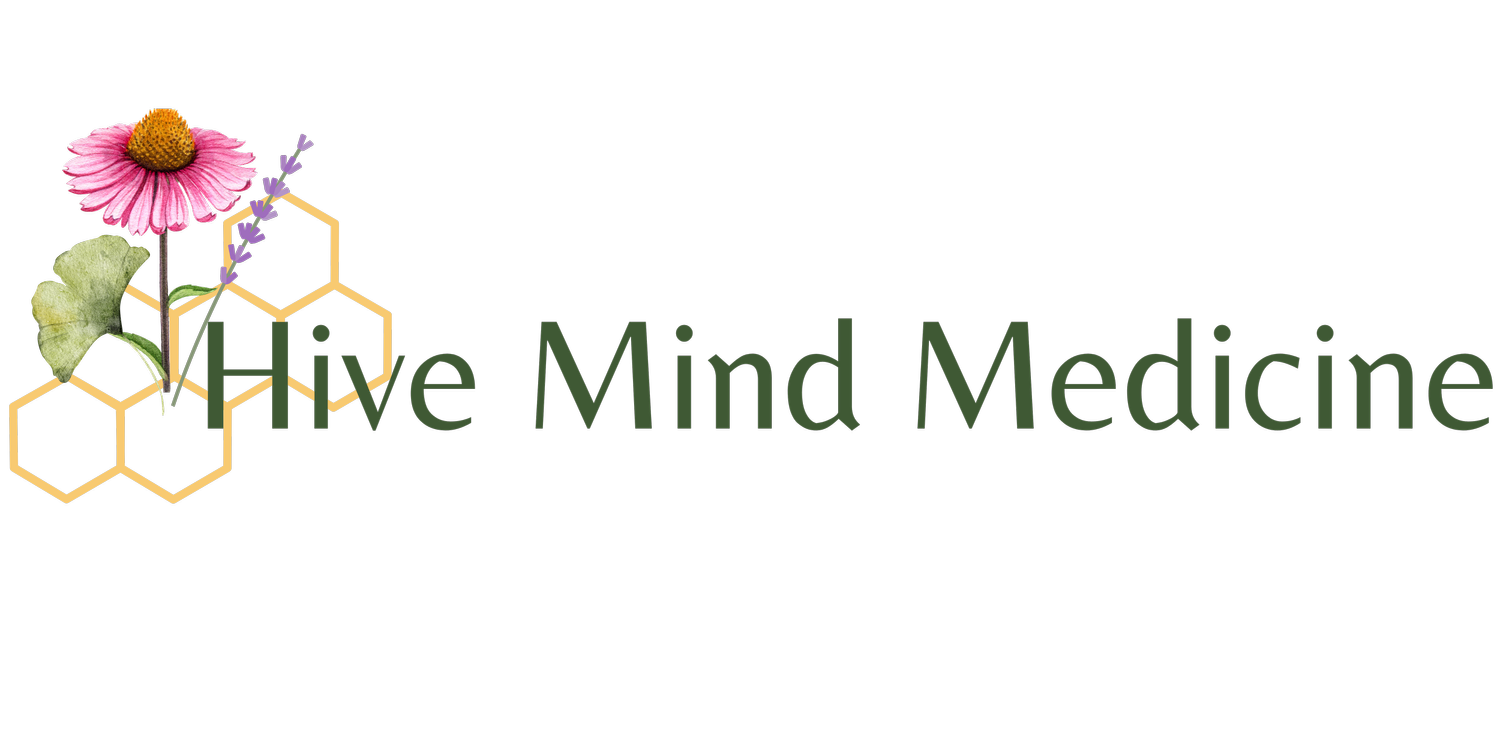Melatonin - Guardian of the GI Galaxy
by Steven Sandberg-Lewis, ND, DHANP
Melatonin is a neurotransmitter/hormone that is well known for its effects on sleep and daily internal rhythms. It also has widespread regulatory and protective effects for the digestive tract.
Melatonin’s chemical structure is closely related to serotonin. The amino acid tryptophan, found in turkey and other protein foods, is converted into serotonin, and in the next step, converted to melatonin. The conversion takes place both in the pineal gland (within the brain) and in the lining of the digestive tract. In the GI tract, melatonin production is controlled by cycles of eating and fasting. In animal studies, meals containing tryptophan-rich foods significantly increase melatonin levels in the blood and digestive tract (Konturek SJ, 2007). Consuming the amino acid tryptophan can raise pineal production of melatonin six-fold and GI production ten-fold (Brzozowska I, 2014).
Melatonin protects the mucosal lining of the esophagus and stomach in part by regulating the flow of blood. In a healthy body, melatonin is found in high amounts in the stomach, small intestines, liver and bile. Concentrations in the GI-mucosal lining have been found to be up to 400 times higher than the blood melatonin level. Patients with upper digestive tract diseases such as erosive esophagitis and duodenal ulcer have reduced blood melatonin (Klupinska G, 2006).
Melatonin also regulates the balance between pro and anti-inflammatory chemicals in the gut (Konturek SJ, 2007 and Majka J, 2018) and the function of the lower esophageal sphincter. Animal studies have shown melatonin protects the esophagus, stomach, and gallbladder from the damaging effects of acid, pepsin, and bile. It reduces excessive stomach acid production (Bang CS, 2019). Studies of rats have shown oral doses of melatonin lead to the hormone being concentrated in the esophagus. Rats subjected to dripping of an acid-pepsin-bile solution into the esophagus for 2 hours a day developed erosions and even severe ulceration of the esophagus. When rats were given melatonin prior to the same challenge, mucosal lesions did not occur, suggesting a strong esophageal protective action.
In a study performed with human subjects, a research supplement containing melatonin, the amino acids tryptophan and methionine, B vitamins and betaine (not betaine hydrochloride) was compared with a standard 20 mg daily dose of omeprazole, a commonly used proton pump inhibitor. Of the melatonin supplement group, 100% reported resolution of reflux symptoms after 6 weeks of treatment. Only 66% of the omeprazole group reported similar improvement in reflux (Pereira R de S, 2006). This research strongly suggests that melatonin and related nutritional factors may reduce the symptoms of GERD.
Several studies have proven no serious negative effects from oral melatonin even in large doses (Acuna-Castroviejo D, 2014).
Citations
Konturek S.J., et al. Protective influence of melatonin against acute esophageal lesions involves prostaglandins, nitric oxide and sensory nerves. J. Physiol. Pharmacol. 2007;58:371–387. PMID: 17622703
Klupinska G.A., Wisniowska-Jarosinska M., Harsiuk A., Chojnacki C., Stec-Michska K., Błasiak J., Reiter R.J., Chojnacki J. Nocturnal secretion of melatonin in patients with upper digestive tract disorders. J. Physiol. Pharmacol. 2006;57:41–50. PMID: 17218759
Majka J et al, Melatonin in Prevention of the Sequence from Reflux Esophagitis to Barrett’s Esophagus and Esophageal Adenocarcinoma: Experimental and Clinical Perspectives. Int J Mol Sci. 2018 Jul; 19(7): 2033. PMID: 30011784
Brzozowska I, Strzalka M, Drozdowicz D, Konturek SJ, et al. Mechanisms of esophageal protection, gastroprotection and ulcer healing by melatonin. implications for the therapeutic use of melatonin in gastroesophageal reflux disease (GERD) and peptic ulcer disease. Curr Pharm Des. 2014;20(30):4807-15. PMID: 24251671
Bang SB, Yang YJ, Baik GH. Melatonin for the treatment of gastro- esophageal reflux disease; protocol for a systematic review and meta-analysis. Medicine (Baltimore). 2019 Jan; 98(4): e14241. PMID: 30681611
Pereira R de S et al, Regression of gastroesophageal reflux disease symptoms using dietary supplementation with melatonin, vitamins and amino acids: comparison with omeprazole. J Pineal Res . 2006 Oct;41(3):195-200. PMID 16948779
Acuna-Castroviejo D., Escames G., Venegas C., Diaz-Casado M.E., Lima-Cabello E., Lopez L.C., Rosales-Corral S., Tan D.X., Reiter R.J. Extrapineal melatonin: Sources, regulation, and potential functions. Cell. Mol. Life Sci. 2014;71:2997–3025. PMID: 24554058
Steven Sandberg-Lewis, ND, DHANP, has been in clinical practice since his 1978 graduation from NUNM. He has been a professor since 1985, teaching a variety of courses but primarily focusing on gastroenterology and GI physical medicine. He is the author of both LET’S BE REAL ABOUT REFLUX and FUNCTIONAL GASTROENTEROLOGY, available at https://www.functionalgastroenterology.com/category/books and all online bookstores such as Powell’s.
Hive Mind Medicine blog posts are for educational purposes only and are not intended as medical advice. Please consult with your health care practitioner for personalized guidance.
